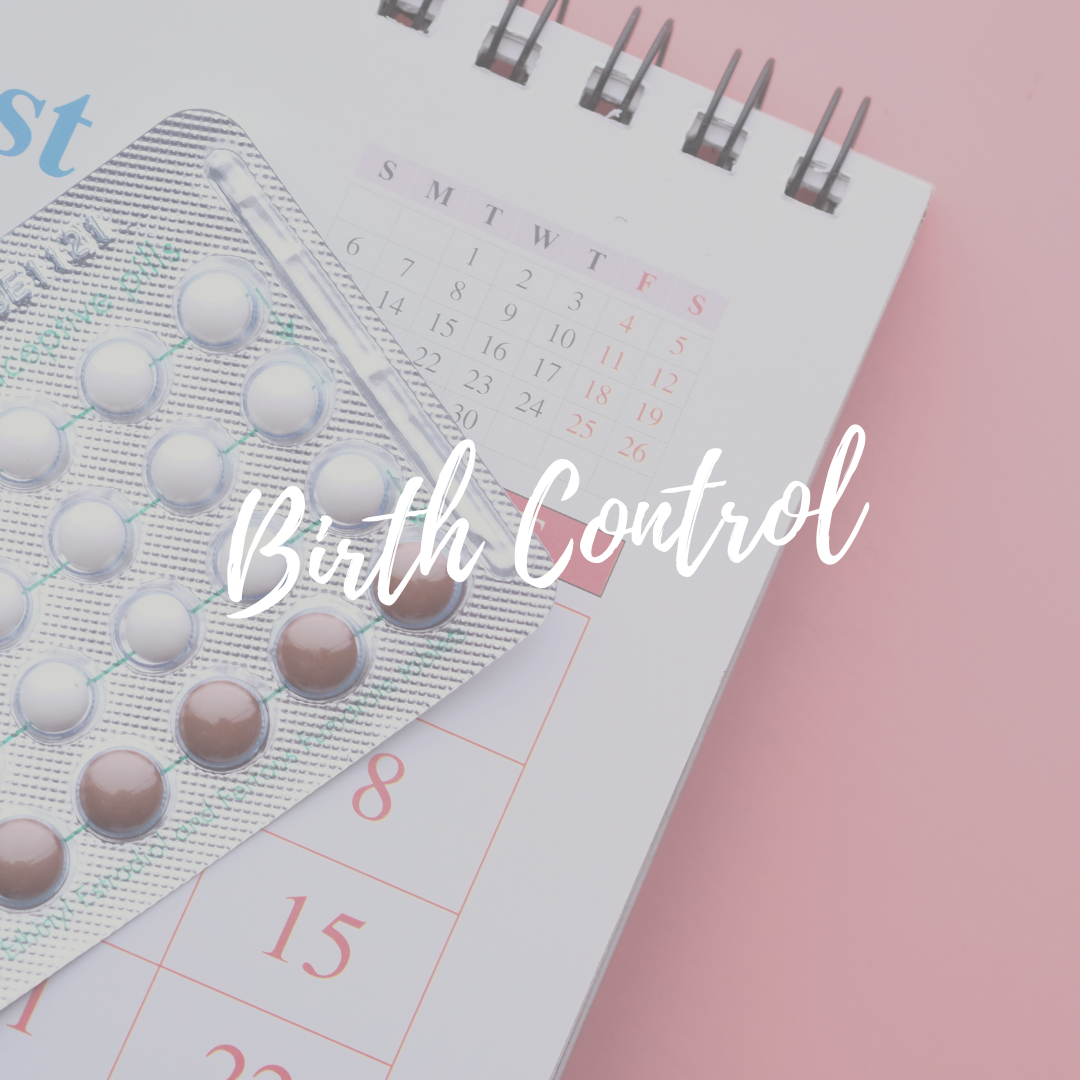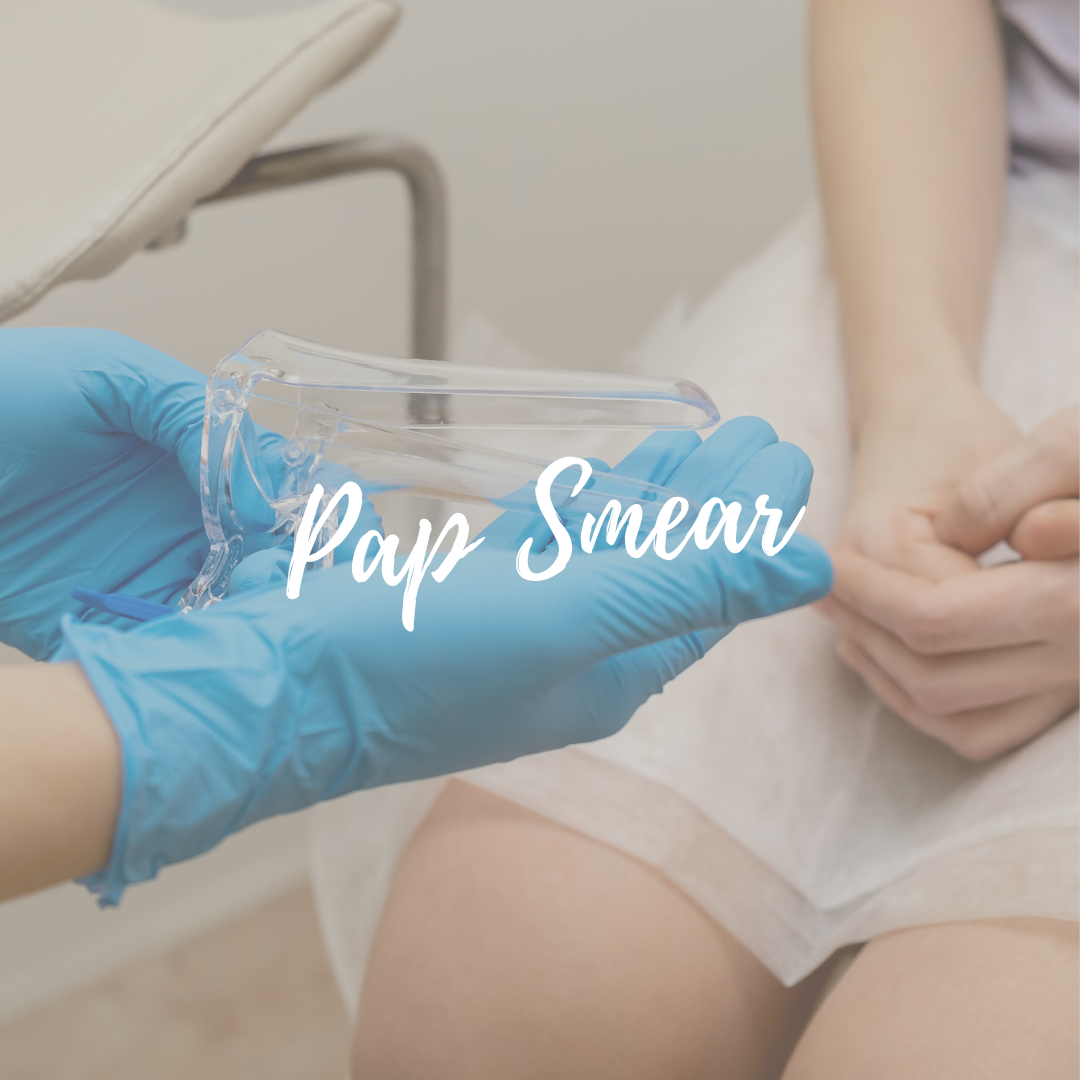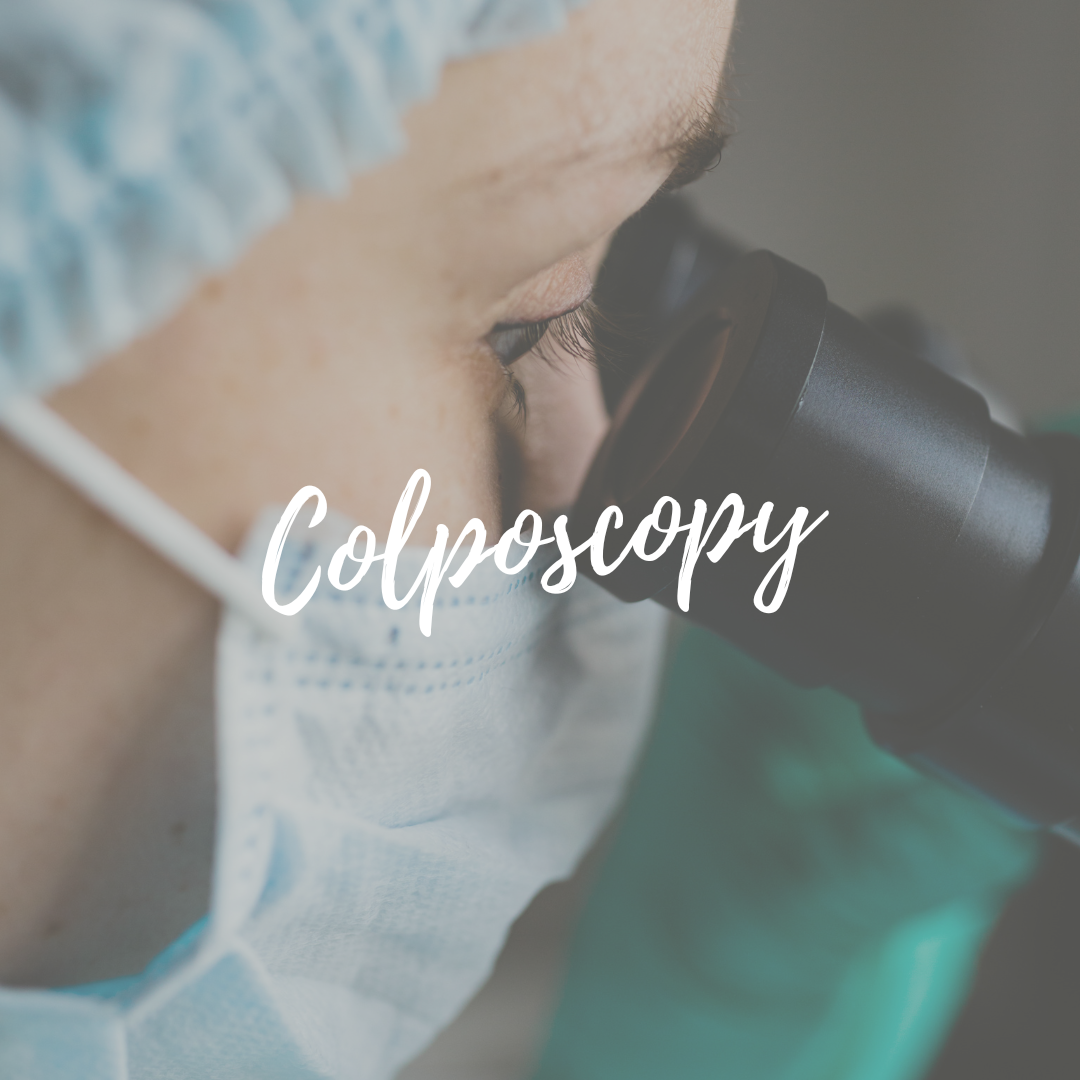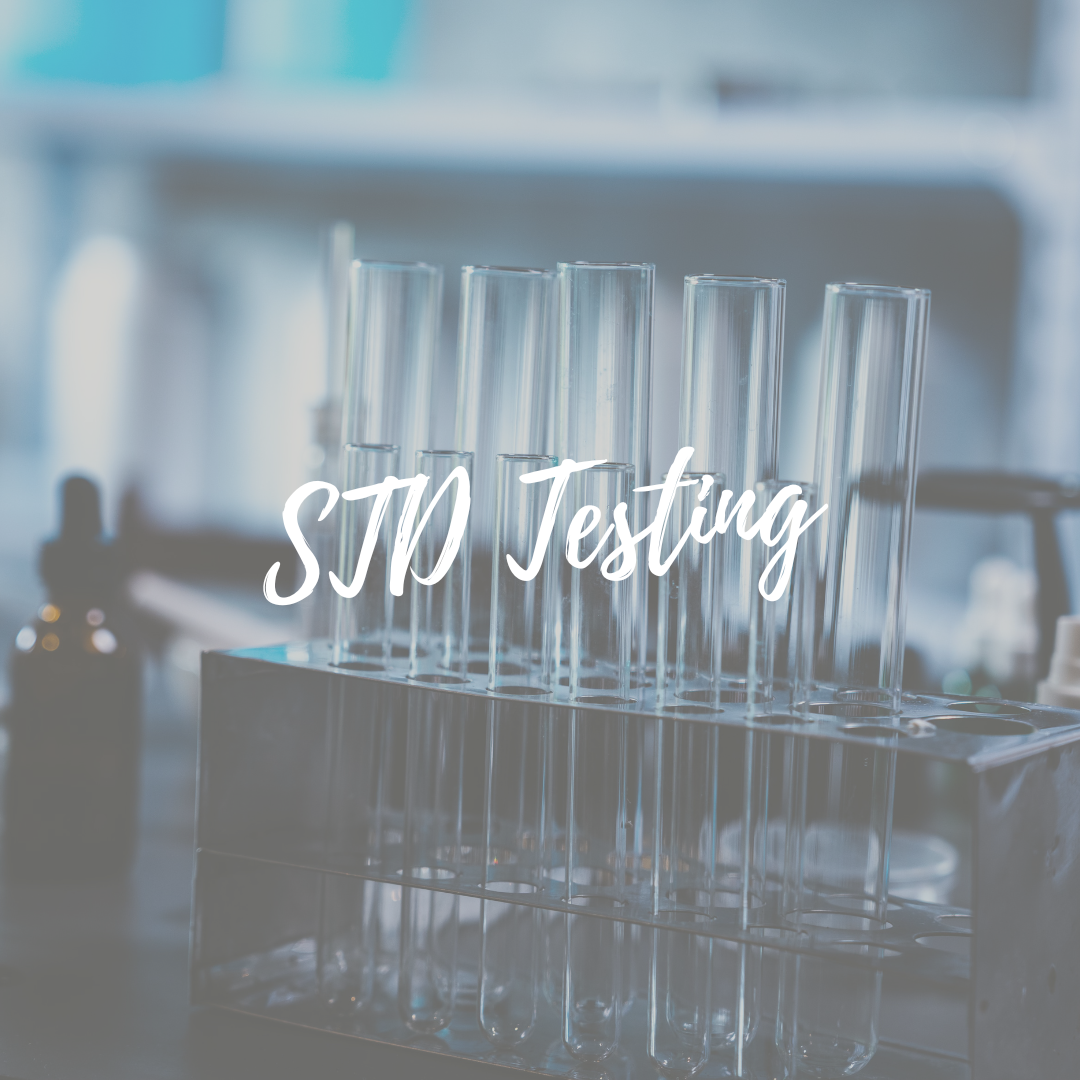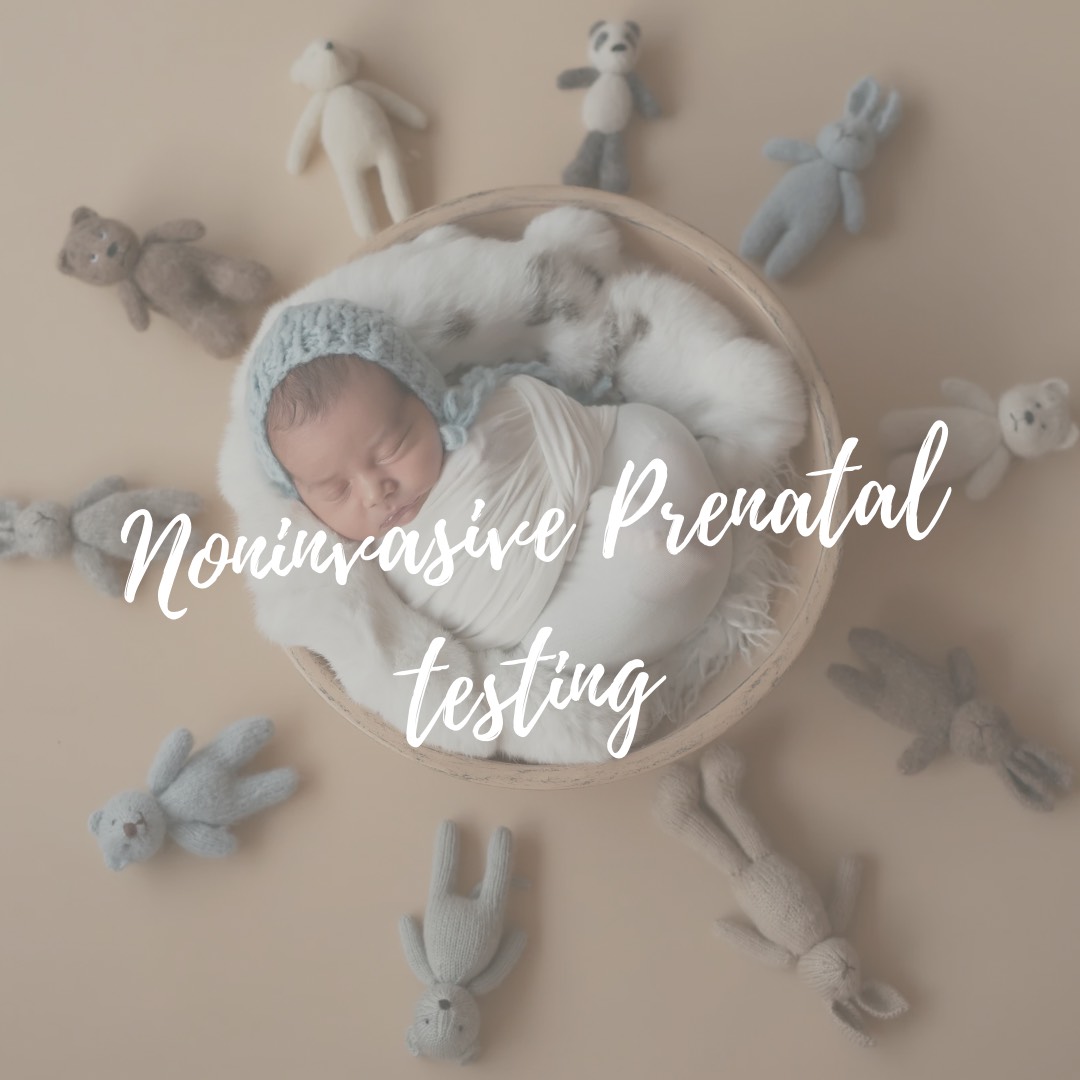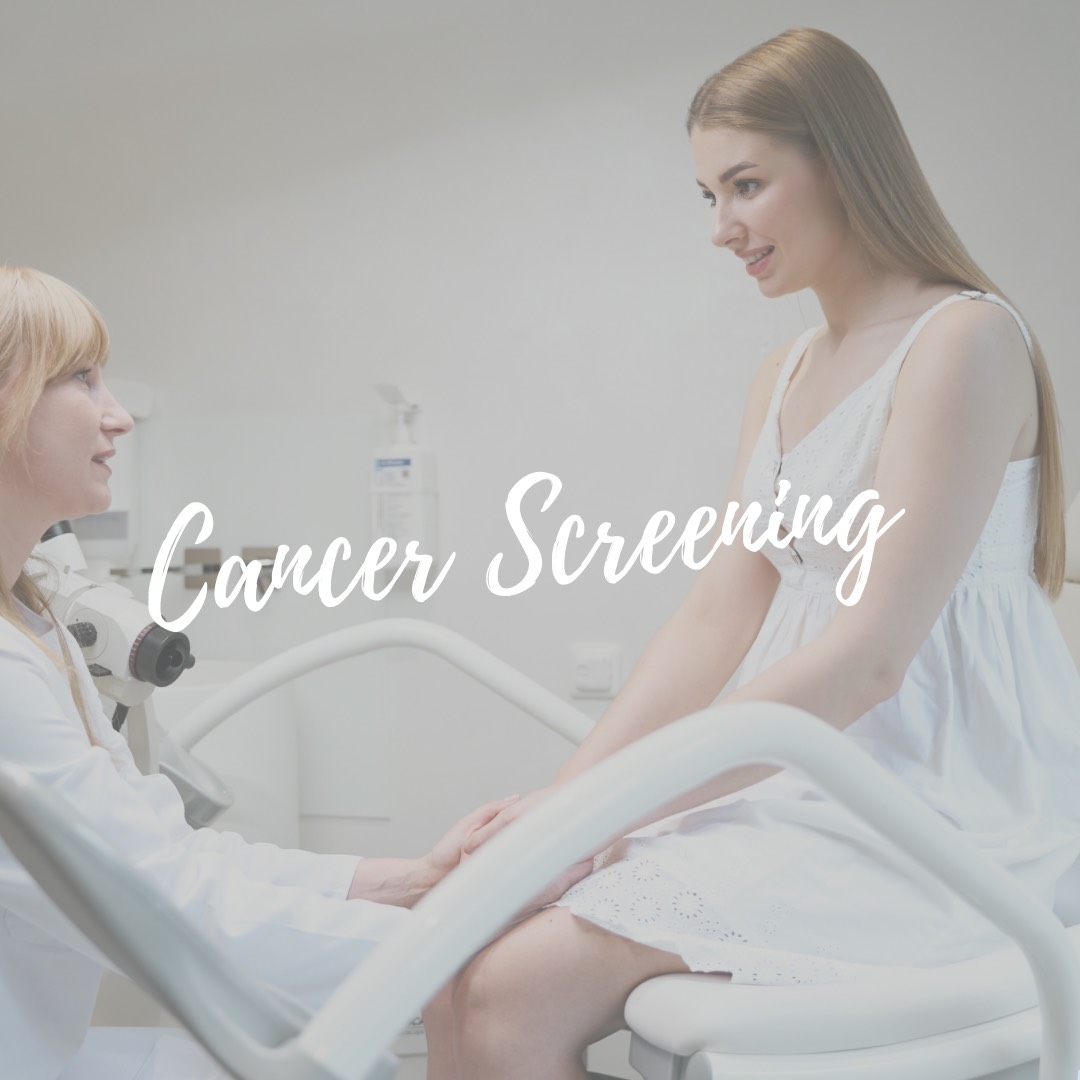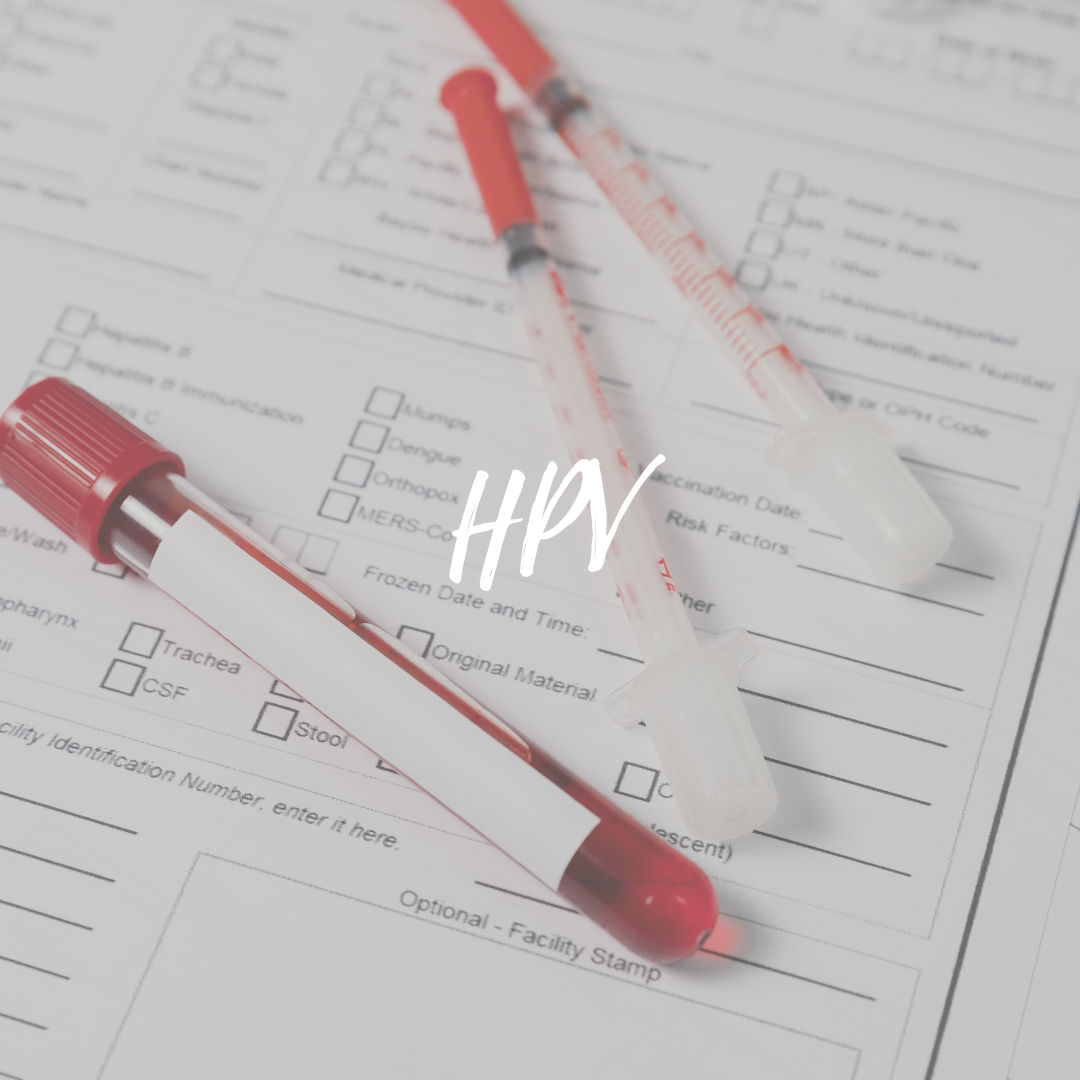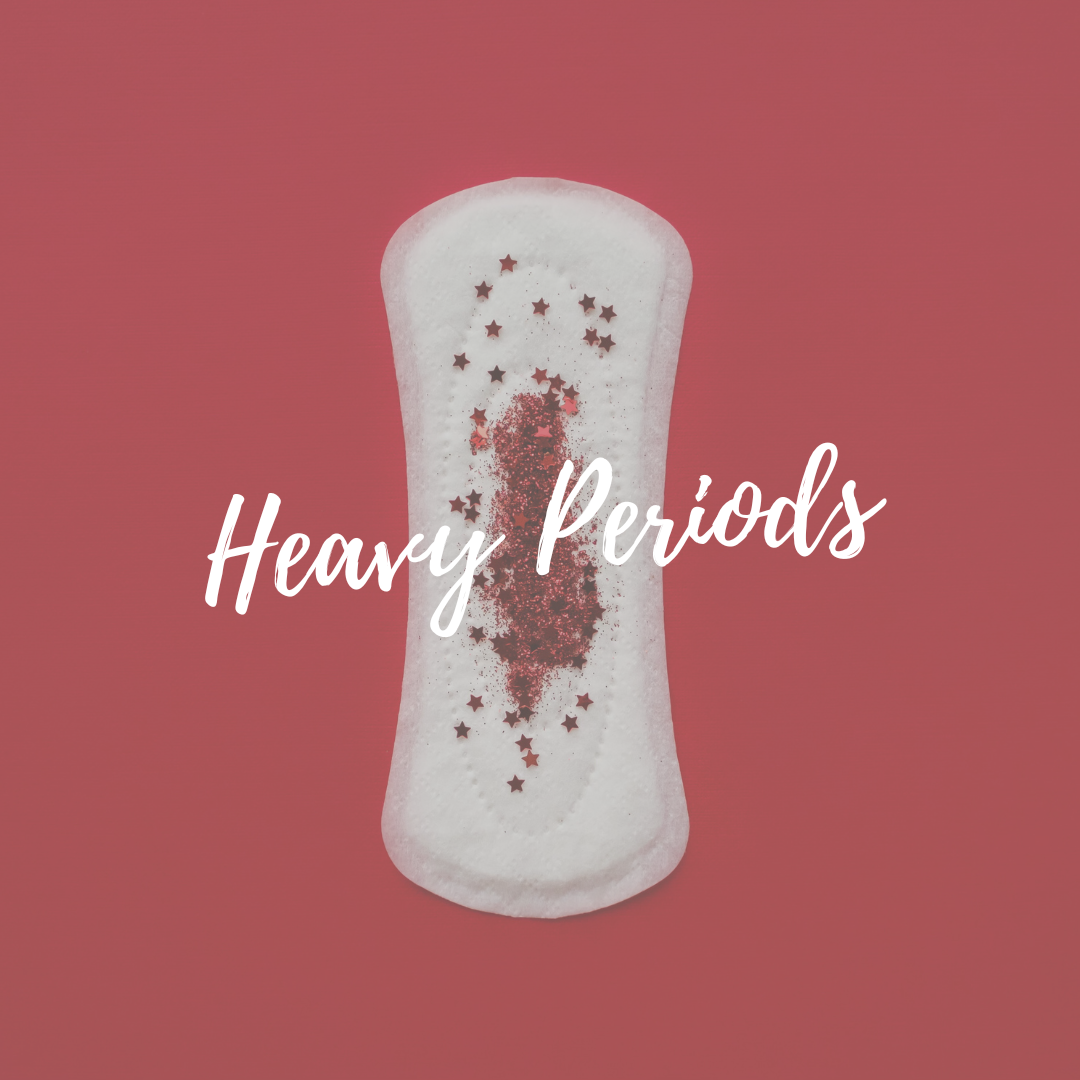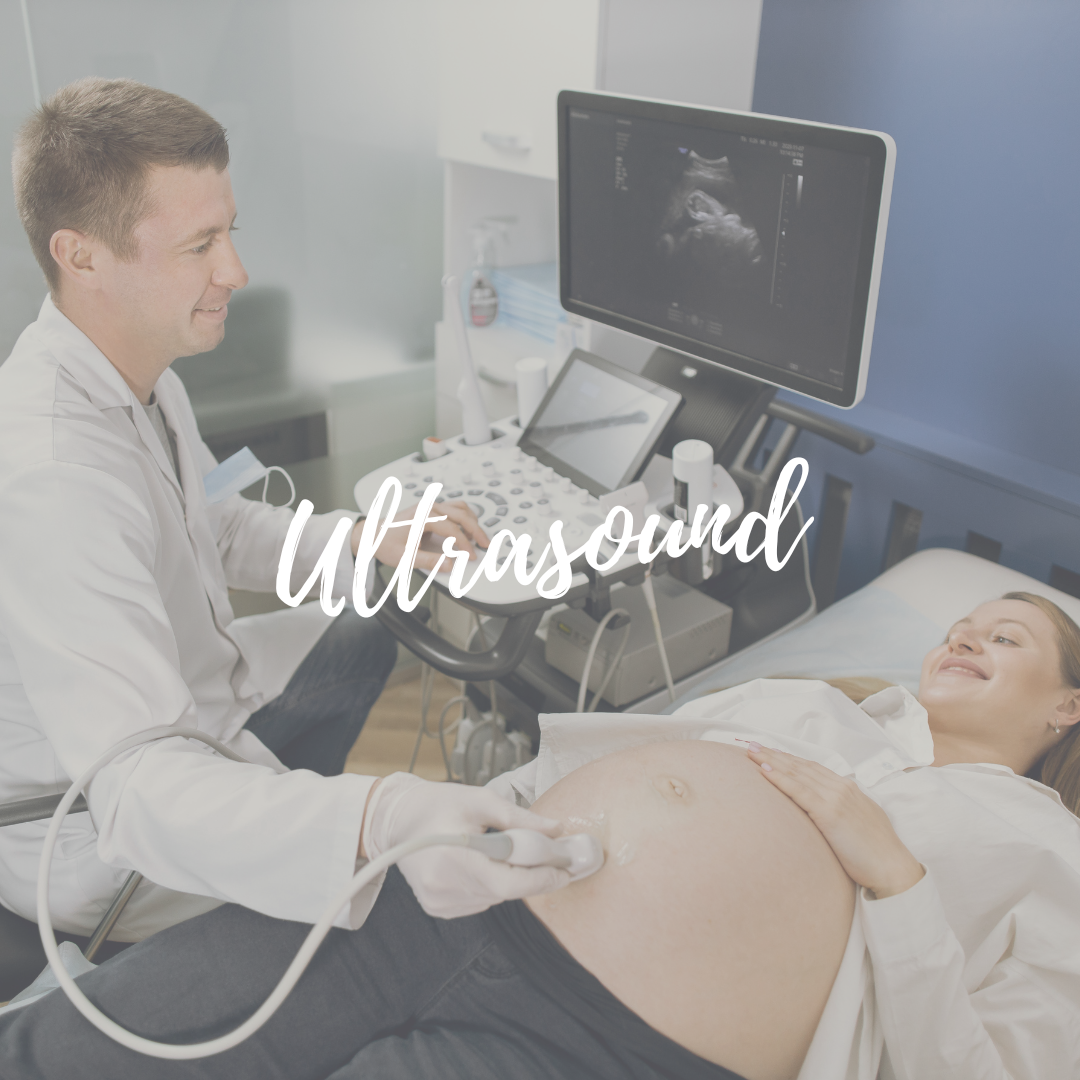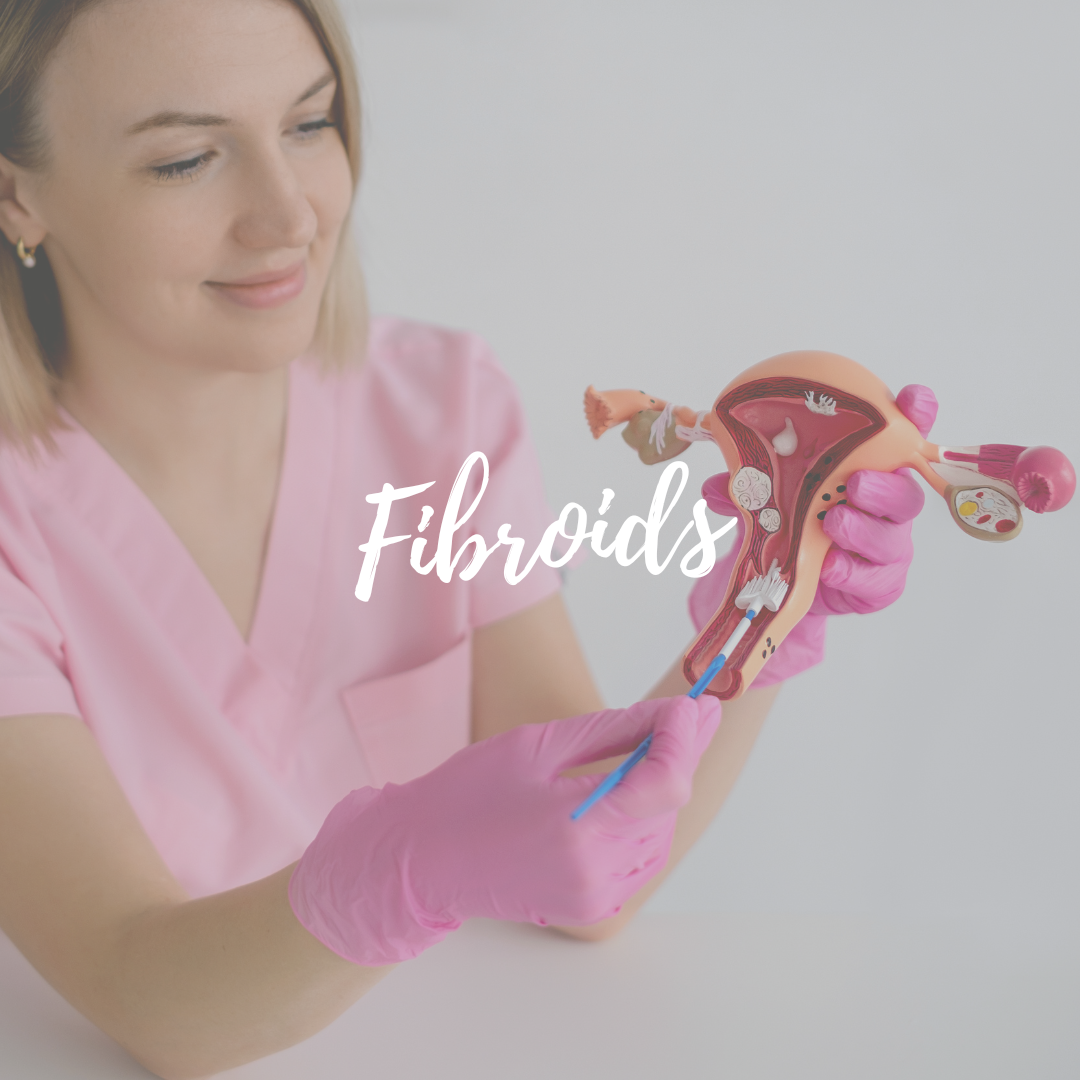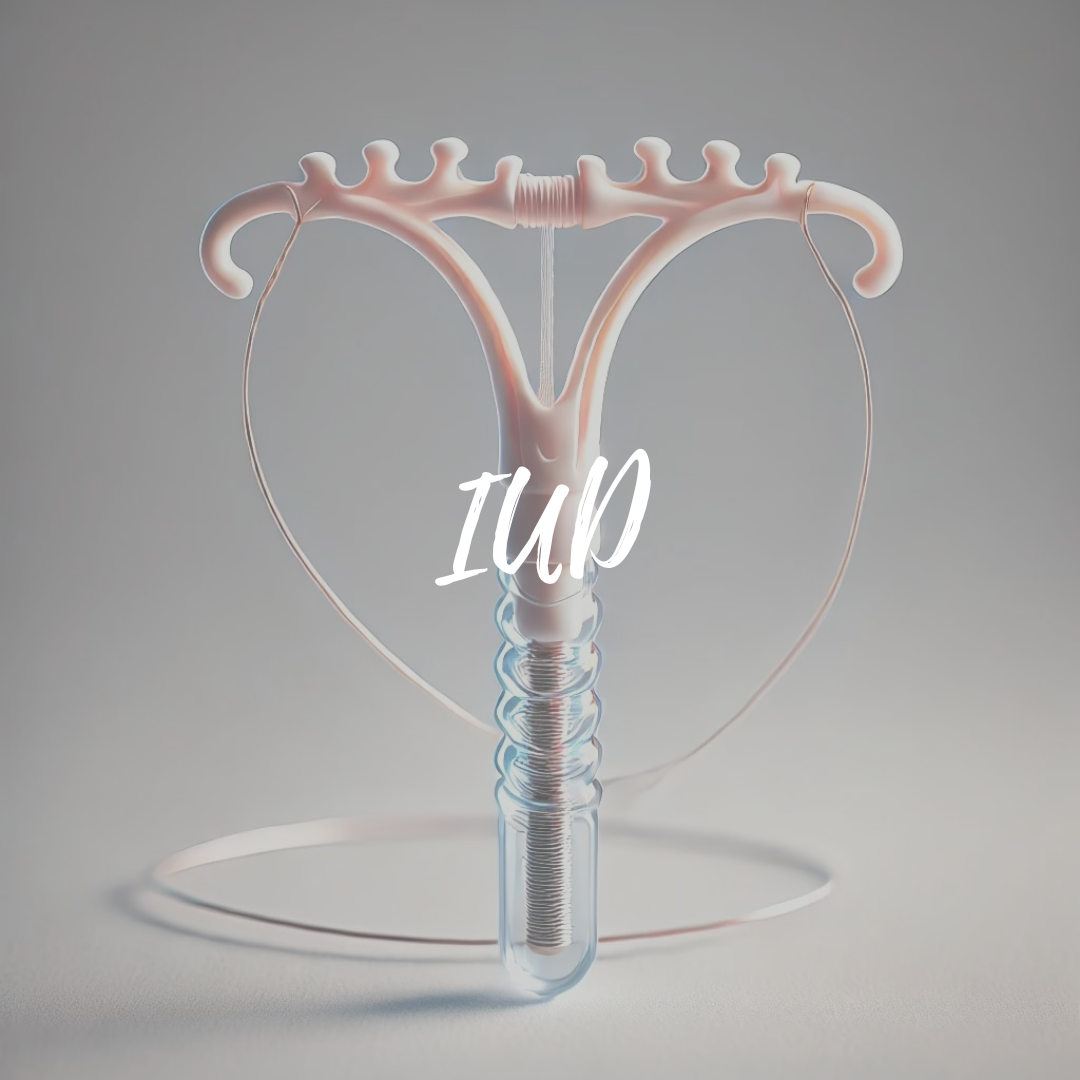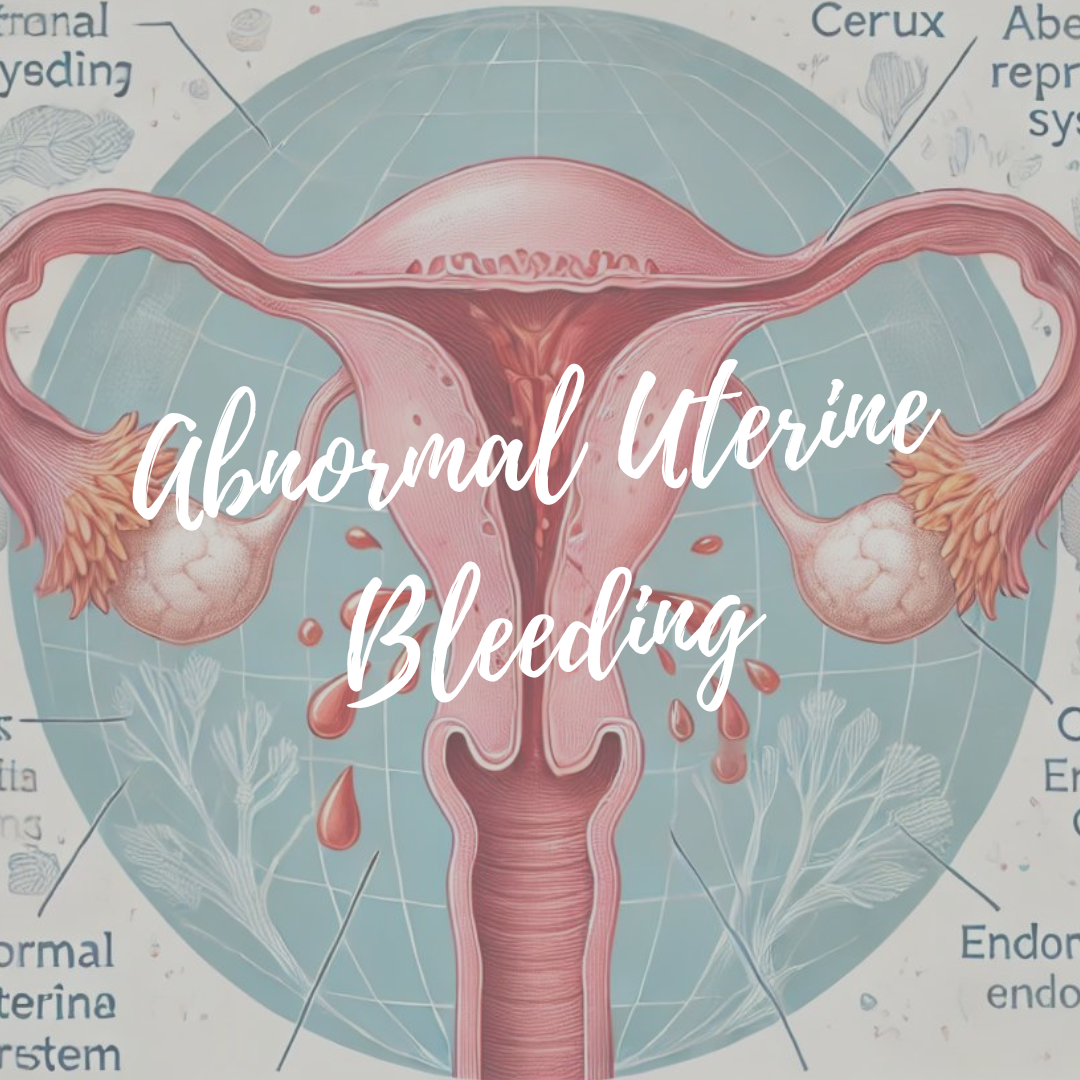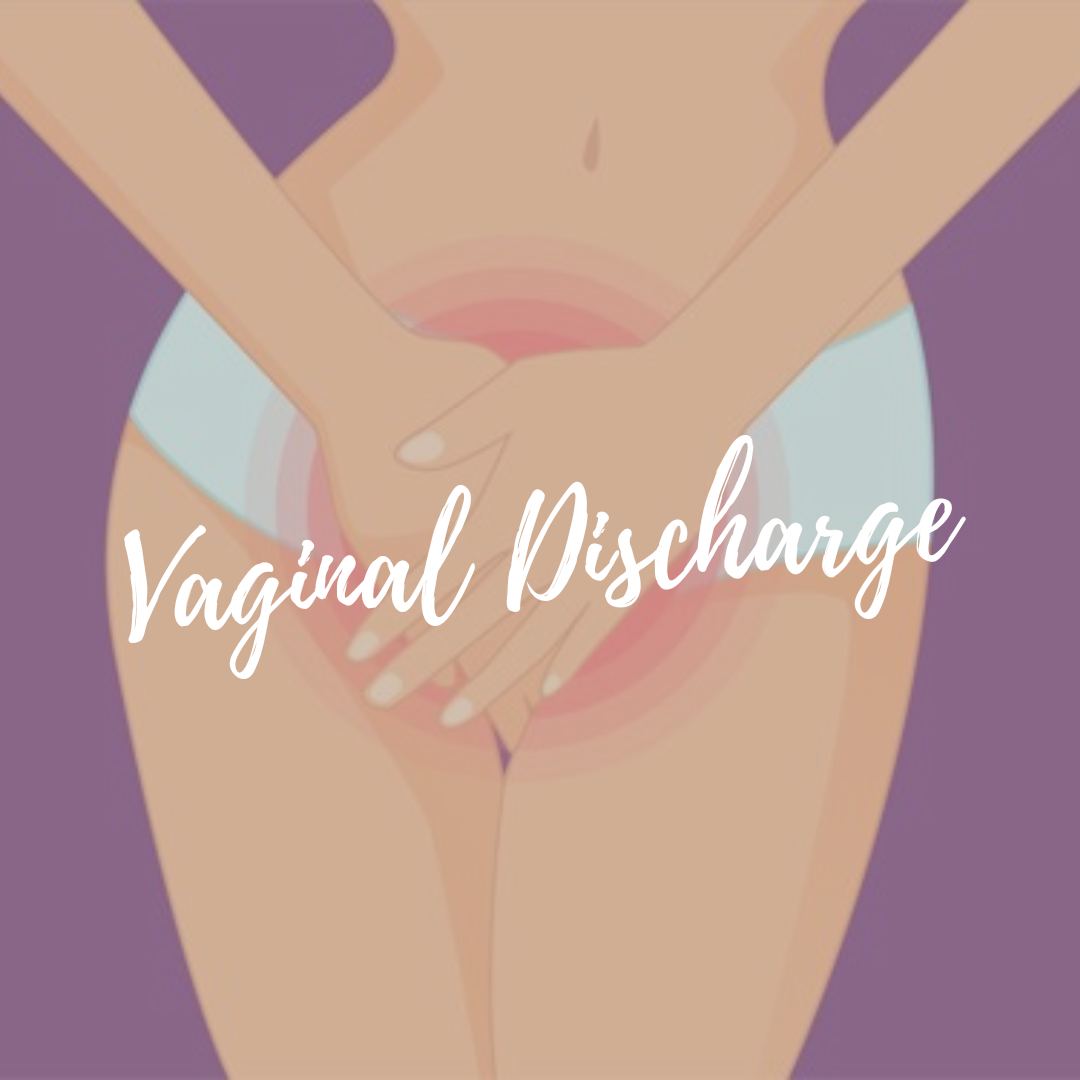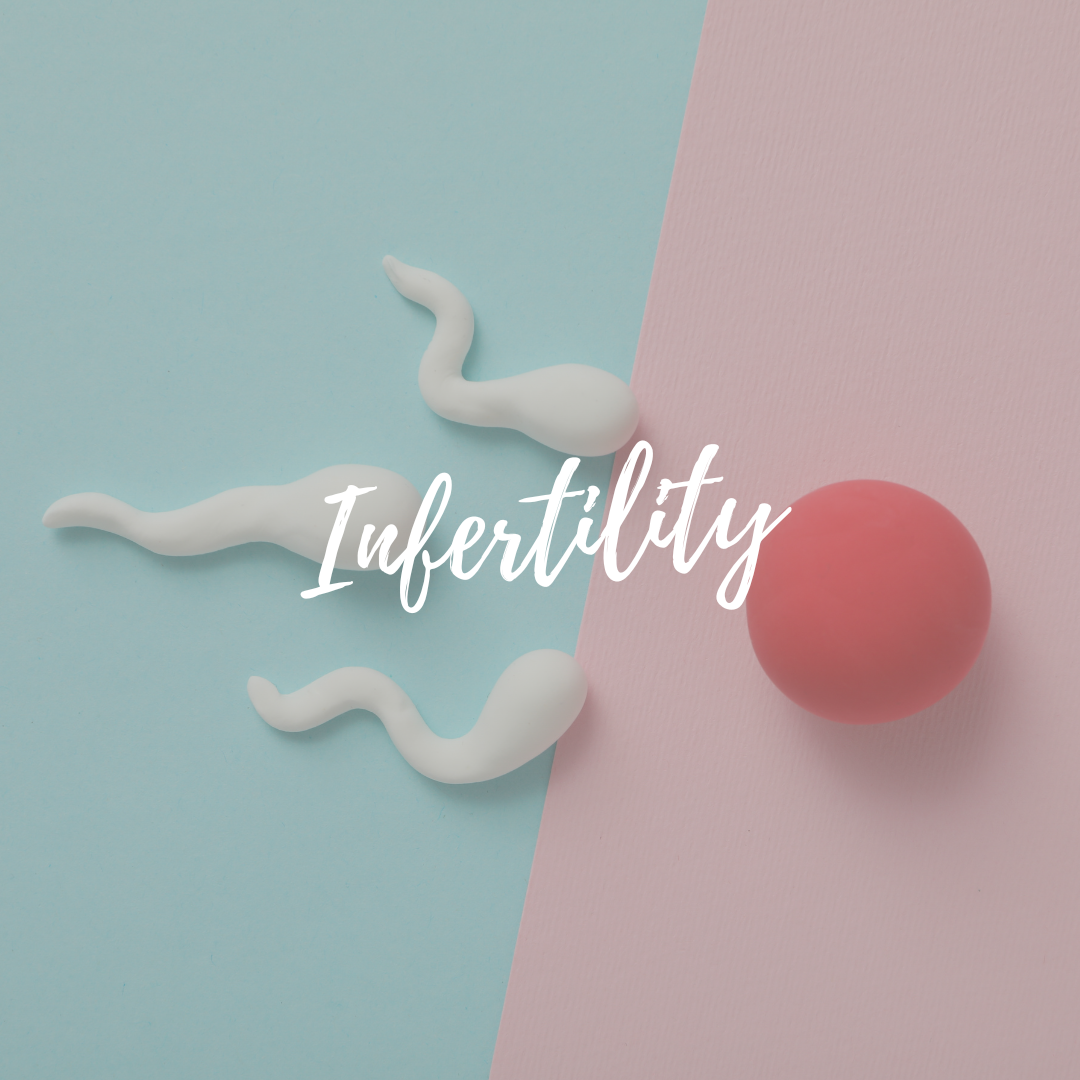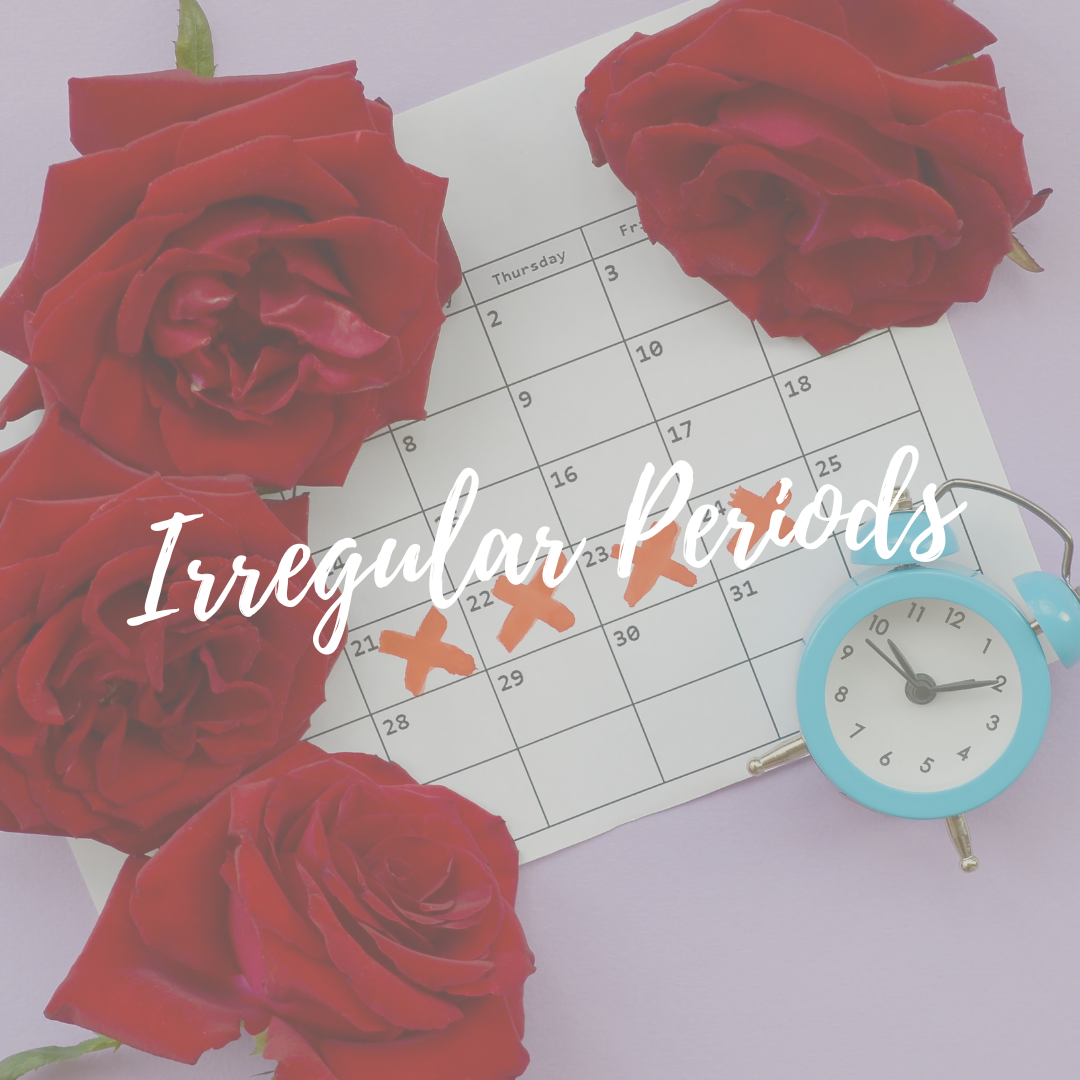
Personalized Pregnancy Care
Your first prenatal visit is typically scheduled around 6 weeks after your last period. During this appointment, your provider will perform a transvaginal ultrasound to confirm that the baby is in the uterus and has a heartbeat. This ultrasound also helps establish your due date.
Early Pregnancy Care (Up to 12 Weeks)
We offer comprehensive care and support during the early stages of pregnancy — up to 12 weeks. This includes routine screenings, ultrasounds, and counseling. In addition, we provide specialized care for patients experiencing early pregnancy concerns, such as recurrent miscarriage, early pregnancy failure, or first trimester bleeding.
For expectant mothers, Non-Invasive Prenatal Testing (NIPT) is available starting at 9 weeks of pregnancy. This test screens for genetic conditions like Down syndrome and other chromosomal abnormalities with a simple blood draw. Additionally, NIPT can offer an exciting opportunity to determine the baby’s gender with high accuracy.
After 12 weeks, patients are asked to transfer their prenatal care to another OB/GYN of their choice. We will assist with transferring your medical records and provide any guidance needed as you transition to ongoing care.
For the highest level of attention, call our office today or schedule an appointment online at our convenient Clifton, New Jersey, location.
Pregnancy Q & A
My pregnancy test is positive. When should I make an appointment?
Your first prenatal visit is typically scheduled around six weeks after your last period. During this appointment, your provider will conduct a transvaginal ultrasound to confirm that the baby is in the uterus and has a heartbeat. This also helps determine your due date.
What is considered a high-risk pregnancy?
Some pregnancies are deemed high risk as they progress, while others are identified as high risk due to pre-existing factors. Your health history and initial exam will help identify any potential risks.
Indicators of a high-risk pregnancy include:
- Being a young teenager or over age 35
- Expecting multiple babies
- History of high-risk pregnancies
- Chronic health conditions such as high blood pressure, diabetes, or fibroids.
A high-risk pregnancy doesn’t necessarily mean you should worry. Dr. Copur will provide guidance and support from the beginning.
In some cases, you might know in advance about the likelihood of a high-risk pregnancy. Other times, risks might be identified during your routine check-ups.
When is the best time to plan for my delivery?
Once you confirm your pregnancy, you can start creating your birth plan. Considerations for your birth plan include:
- Desired attendees during the birth
- Breastfeeding preferences immediately after birth
- Pain management options
It’s advisable to pre-register at the hospital, visit the labor room and birth department, meet the staff, and become familiar with the setup.


